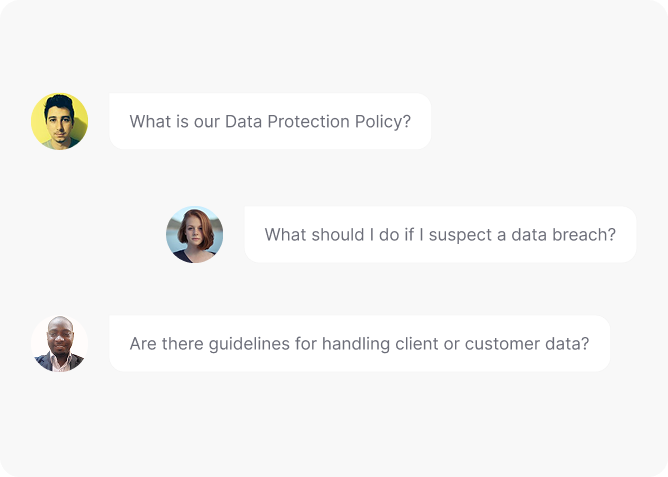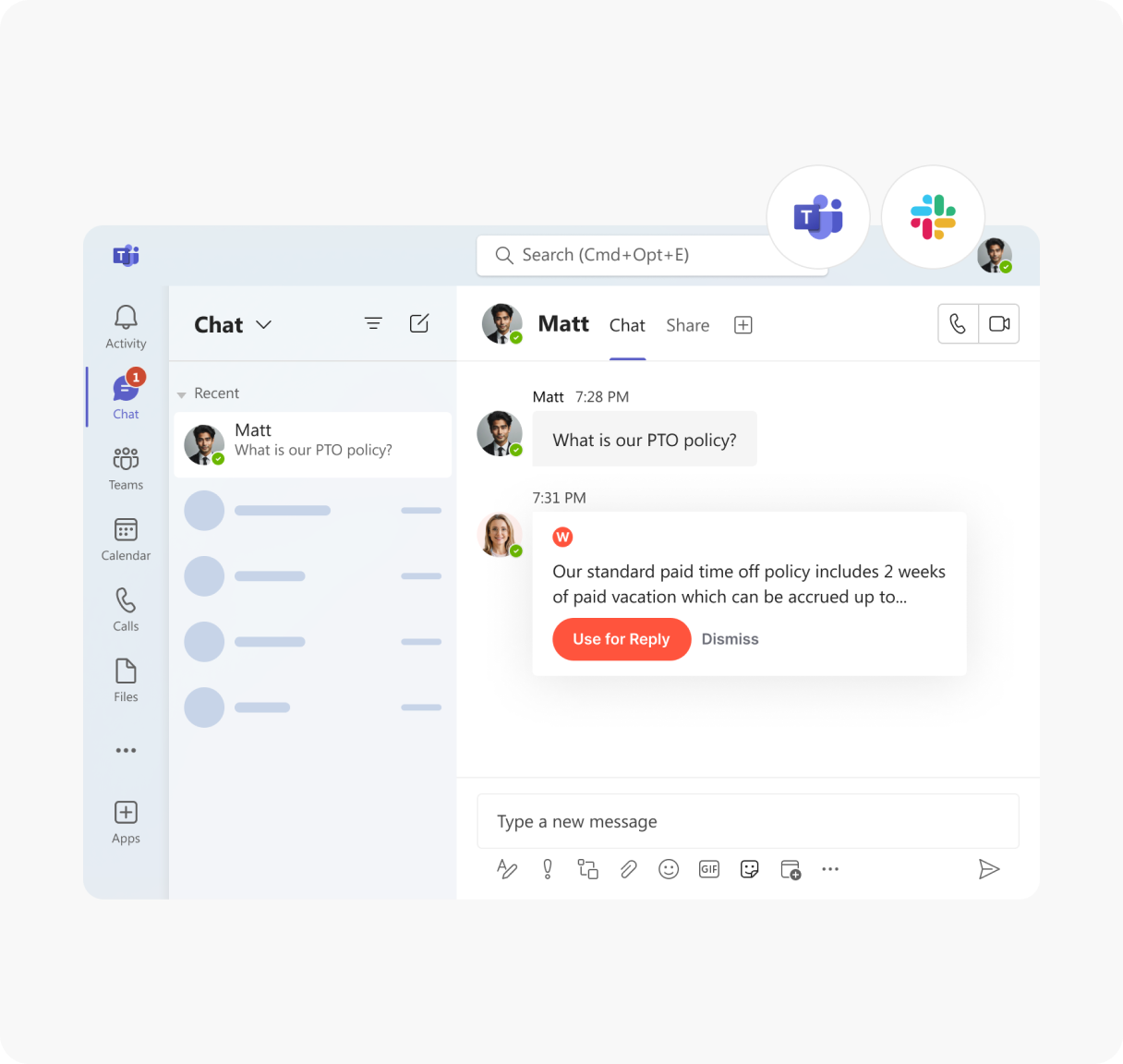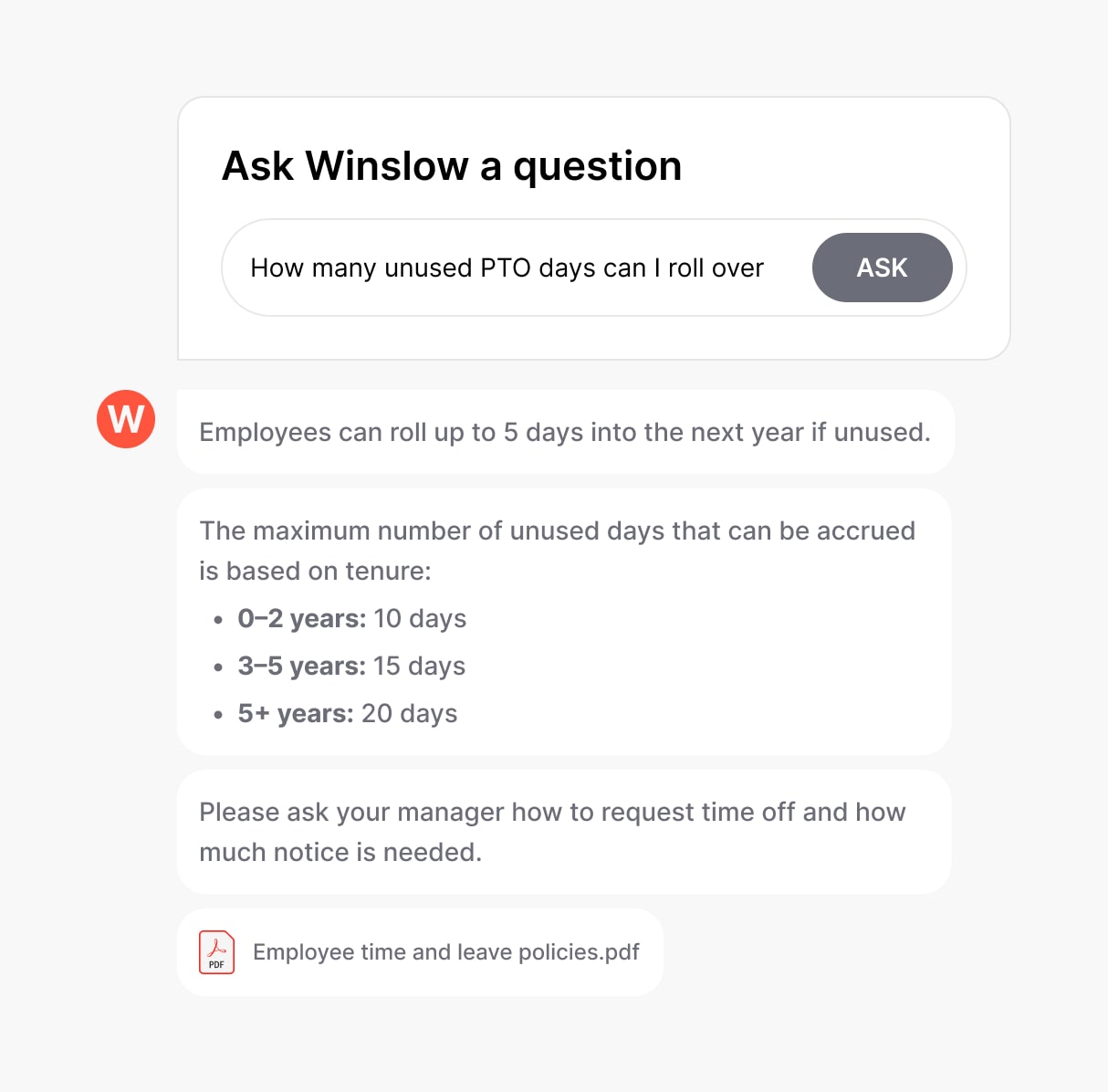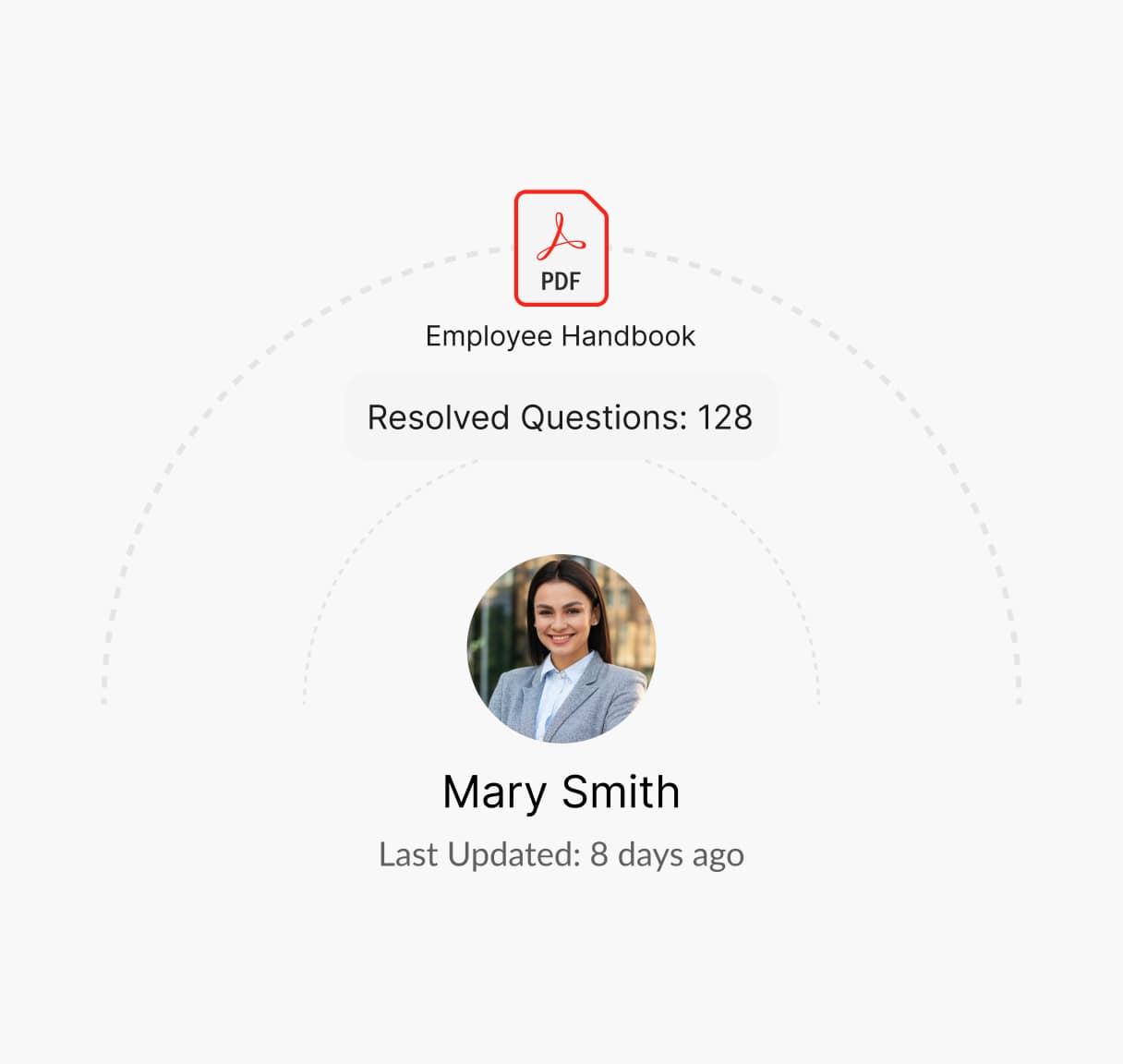Everything You Need to Know About Data Protection Policy
Securing sensitive company and employee data is crucial for compliance and risk management. A Data Protection Policy establishes protocols for handling, storing, and securing data, ensuring legal compliance and protecting against unauthorized access or breaches.

What is a Data Protection Policy?
A Data Protection Policy is an HR document that outlines how an organization handles, stores, and secures sensitive employee and company data. It defines data access controls, encryption measures, compliance with data privacy laws, and protocols for responding to data breaches. This policy also educates employees on their role in safeguarding company information.
A strong data protection policy helps organizations prevent data breaches, maintain regulatory compliance, and protect confidential business and employee information.
Guidelines for Creating a Data Protection Policy
A robust data protection policy safeguards sensitive information while ensuring compliance with legal and regulatory standards. Here are some guidelines to consider:
Identify Sensitive Data Types
Clearly define categories of data, such as personal, financial, and proprietary information, and their handling protocols.
Establish Access Controls
Implement role-based permissions to restrict sensitive data access to authorized personnel only.
Define Data Retention & Disposal Practices
Specify how long data is stored and outline secure disposal methods to prevent unauthorized access.
Implement Security Measures
Require encryption, multi-factor authentication (MFA), and secure transmission protocols to protect data.
Create an Incident Response Plan
Establish procedures for detecting, reporting, and mitigating data breaches or security threats.
Ensure Ongoing Compliance & Training
Conduct regular audits and employee training on data protection policies and best practices.
What is Covered in a Data Protection Policy?
An effective Data Protection Policy should include the following:
Data Classification & Handling
Define categories of sensitive data and set guidelines for secure storage and sharing.
Access Controls & Authorization
Establish role-based access permissions to restrict data handling to authorized personnel only.
Data Retention & Disposal Policies
Specify retention periods for different types of data and secure disposal methods to prevent unauthorized access.
Encryption & Security Measures
Require encryption protocols for stored and transmitted data to enhance security.
Incident Response & Reporting
Define procedures for reporting data breaches, including response timelines and escalation protocols.
Legal & Regulatory Compliance
Ensure alignment with GDPR, CCPA, HIPAA, or other relevant data protection regulations.
Employee Training & Awareness Programs
Mandate periodic training on data privacy best practices, cybersecurity threats, and company policies.
Need help creating a Data Protection Policy?
How Winslow helps HR teams save time on responding to Data Protection Policy?
Managing data protection inquiries can be time-consuming, but Winslow, your AI-powered HR assistant, simplifies the process:

Instant answers anytime
Winslow ensures your Data Protection Policy is always available on Slack, Teams, or email. Employees can instantly access information on secure data handling, access permissions, breach reporting, and compliance requirements—helping HR strengthen cybersecurity awareness.
Personalized Support
Winslow instantly answers employee questions, including those about your Data Protection Policy, ensuring clarity on data encryption, access control measures, and reporting security incidents.


Analytics and Insights
Winslow tracks policy-related queries, helping HR teams identify trends and common concerns. This data enables organizations to refine their policy, improve reporting channels, and address recurring issues proactively.
Seamlessly Handle Employee and Company Data Protection Inquiries with Winslow
A strong data protection policy minimizes security risks and ensures compliance. With Winslow, you can simplify policy communication, reduce HR workload, and enhance the employee experience.
Frequently asked questions
Have further questions about Winslow, contact us at sales@usewinslow.com
What types of data does the company protect?
The company protects employee and customer personal data, financial records, intellectual property, and confidential business information from unauthorized access or breaches.
What security measures are in place to protect company data?
Security measures include encrypted storage, multi-factor authentication, access controls, and employee training on data security best practices.
What should employees do if they suspect a data breach?
Employees must report suspected data breaches immediately to IT or the data protection officer for investigation and response.
Are employees allowed to store company data on personal devices?
Company data should only be stored on approved devices with proper security protocols. Unauthorized storage on personal devices is prohibited.
What are the consequences of violating the data protection policy?
Violations, including unauthorized data sharing, may result in disciplinary action, legal consequences, and termination of employment.
Additional resources
Device Usage Policy
Managing employee leave effectively is vital for maintaining workforce productivity and compliance....
Learn moreconfidentiality policy
Protecting sensitive information is crucial. A clear Confidentiality Policy outlines guidelines for...
Learn moreclaim reimbursement
Ensuring fair compensation for expenses is key. A clear Claim Reimbursement Policy...
Learn more




